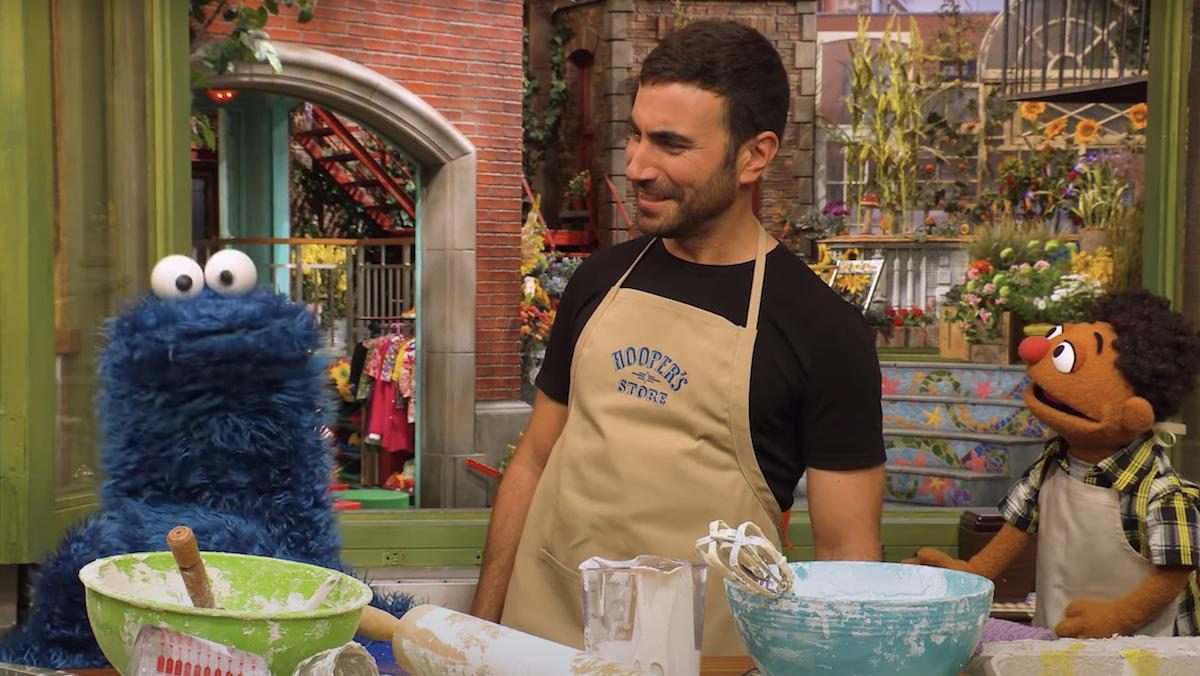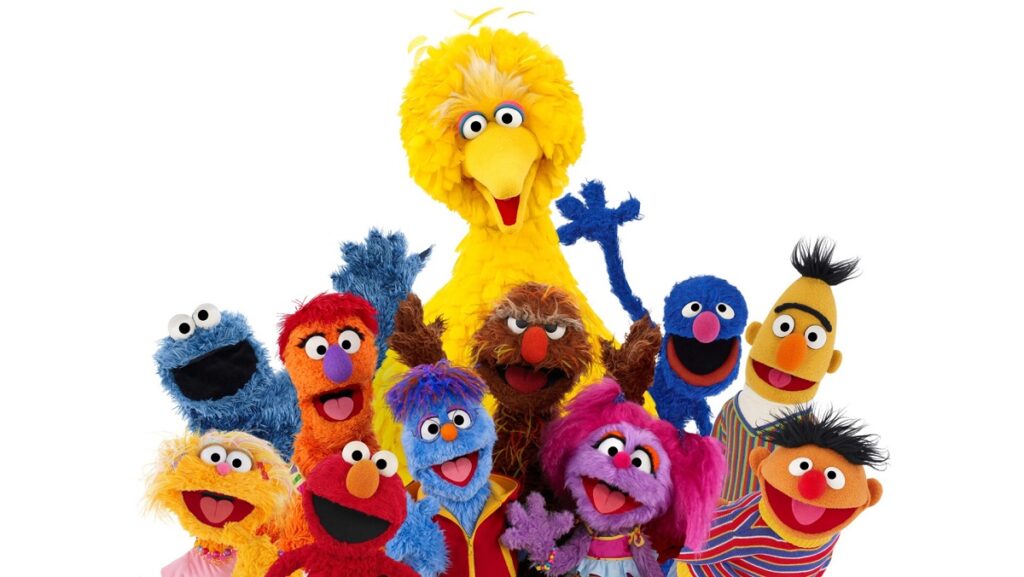This has hit the point of parody. Warner Bros Discovery CEO David Zaslav and his dogged determination to dismantle HBO Max as a viable streaming service has dealt another blow. After shelving several movies that hadn’t come out yet, including Batgirl, and dropping dozens of shows and movies that have no other home, we’re now losing around 200 episodes of the beloved children’s education series Sesame Street. From Variety, as of Friday, August 19, the number of episodes of Sesame Street on the platform dropped from 650 to 456. Sure, that still sounds like a lot of episodes, but nearly 30% are now gone.
In 2015, HBO and Sesame Workshop reached an agreement for new episodes of the perennial children’s favorite to air first on the cable channel before ending up on PBS. The deal gave Sesame Street a new revenue stream since public television sadly doesn’t get the funding it used to. Along with new episodes, HBO Max also got a huge back catalog of episodes. These included episodes from seasons 1-7 as well as every episode from seasons 8-35. Now only a smattering of episodes from seasons 1, 5, and 7, as well seasons 39-52 are available. If you had hoped to show your kids episodes from the ’90s or ’00s when you were a kid, you’re sadly SOL.
The amount of series and movies Zaslav and WBD have cleaved from HBO Max is already staggering. It does not seem like that will cease any time soon. Max-exclusive series and movies have effectively become lost media. The work of hundreds if not thousands of people is lost to the annals of time. It’s certainly possible these shows and films could see physical release, or go to a new streaming home. I wouldn’t put money on it. Or, I should say, WBD would rather take money on it. Tax write-offs seem more important than fostering artistic endeavors.

Several years ago at the TCM Classic Film Festival, Martin Scorsese gave a keynote address. In it, he warned about the future of film as nothing more than content on a company’s ledger. The audience doesn’t get access to everything they want. They merely access something a corporation allows you to for now. As Scorsese said, “if there’s no sense of value to a particular movie, then it can be sampled and watched in bits and pieces and just forgotten.”
No one corporation, no one executive, should get to control the livelihood of artists, nor the access of the public to their work. And yes, I understand it sounds a bit alarmist. Hell, they’re just episodes of Sesame Street. But if we don’t preserve these pieces of art—if they are indeed nothing more than value-added material to pad out a service—then we risk losing it forever.
Kyle Anderson is the Senior Editor for Nerdist. You can find his film and TV reviews here. Follow him on Instagram and Letterboxd.

